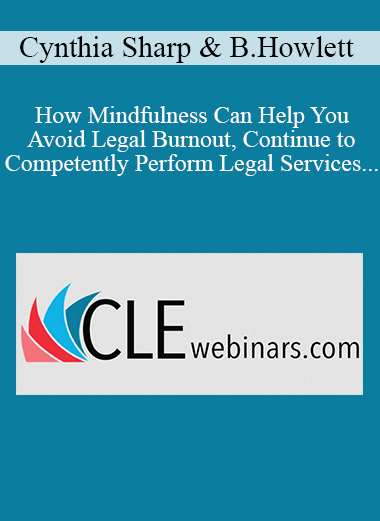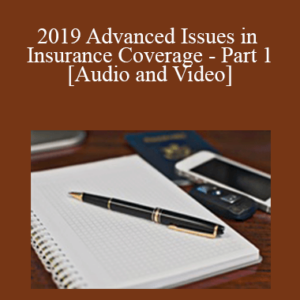- Credit Type:
- Law Practice Management | Legal Ethics
- Faculty:
- Cynthia Sharp, Esq. | Becky Howlett, Esq
- Course Levels:
- Intermediate
- Duration:
- 1 Hour 05 Minutes
Description
• Improve focus and boost your overall productivity and efficiency
• Curb anxiety and stress through quick, effective “spot treatments”
• Use mindfulness to enhance ethical and reflective decision-making as opposed to acting rashly and later feeling regret for poorly chosen words and actions
You will learn how mindfulness can improve civility in the profession:
• What is mindfulness?
• Scientific basis
• Discussion of professionalism and civility guidelines and principles
• How integrating mindfulness into the legal setting can improve civility in the profession.
You will learn how mindfulness helps you stay ethically compliant:
• Mindfulness as a means to improve productivity, focus, and concentration in order to represent a client competently, diligently, and communicate with them promptly.
• Discussion of MRPC 1.1 and 1.3 (Diligence), ethical opinions, and caselaw
• Elements of Mindful Communication will teach you how to better understand your client’s objectives and keep your client reasonably informed so they can make informed decisions.
• Discussion of MRPC 1.4 (Communications), ethical opinions, and caselaw
• When we are faced with the daily pressures of a law practice, our decision-making may become clouded. This can lead to ethical disaster, as well as to self-destructive behavior such as substance abuse.
• This segment focuses on how a mindfulness practice can alleviate stress and anxiety so you can prevent legal burnout and remain ethically compliant.







